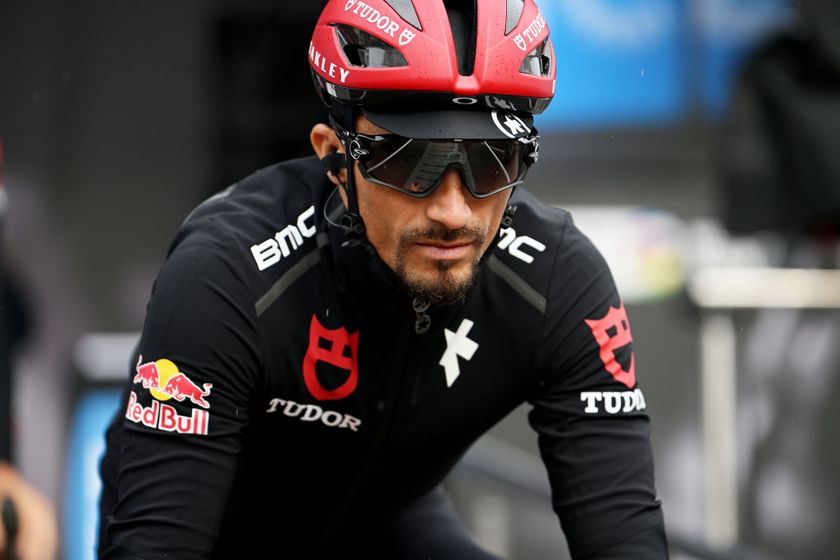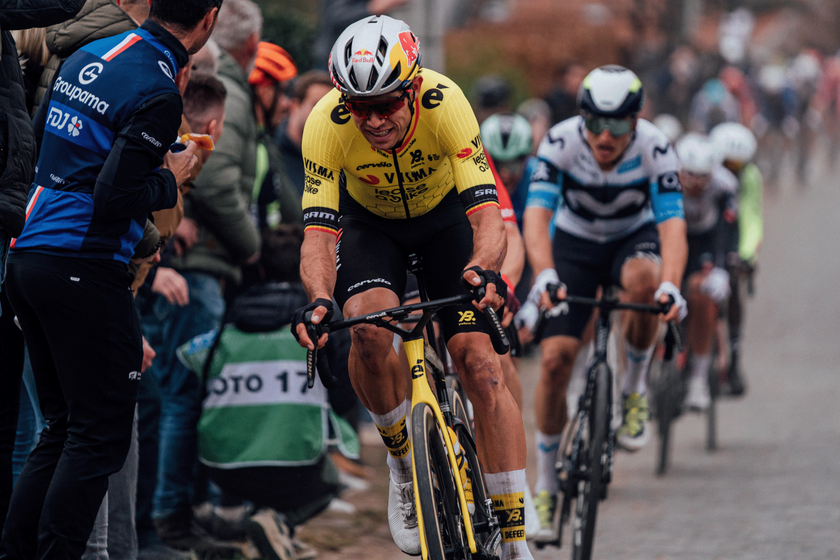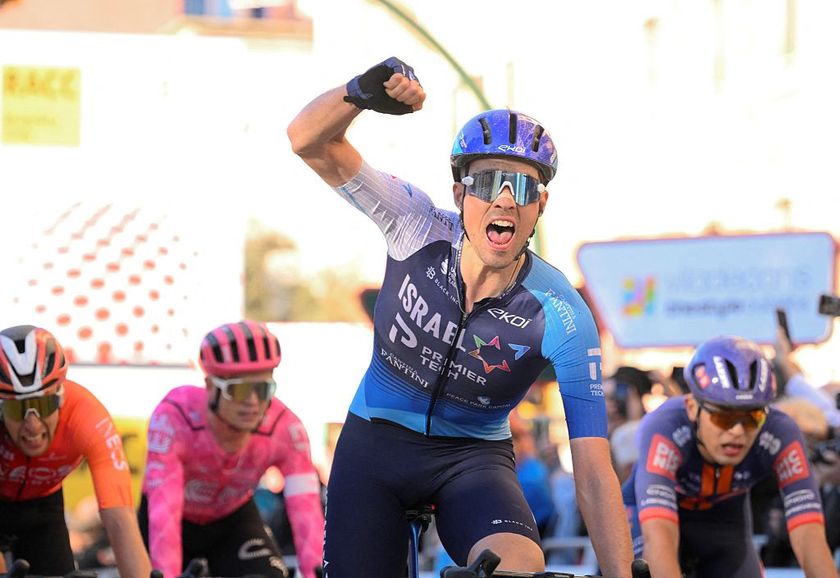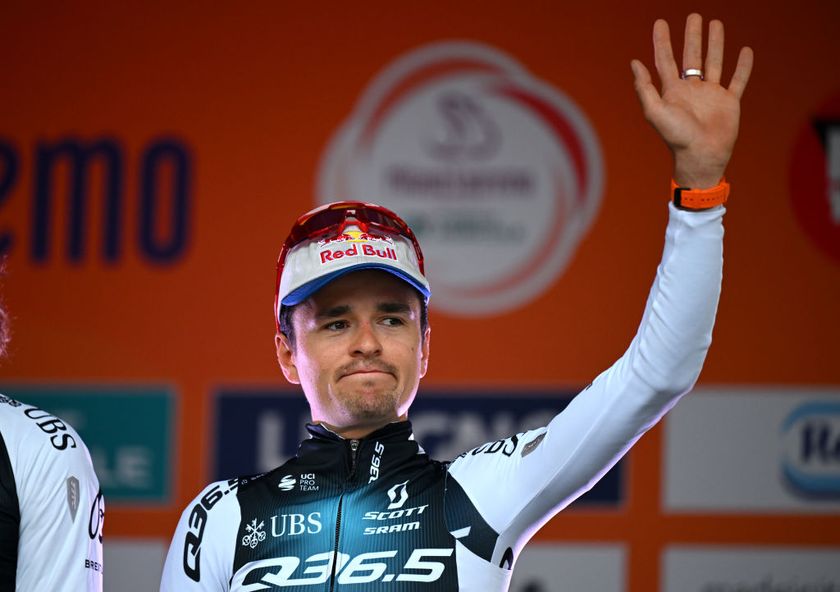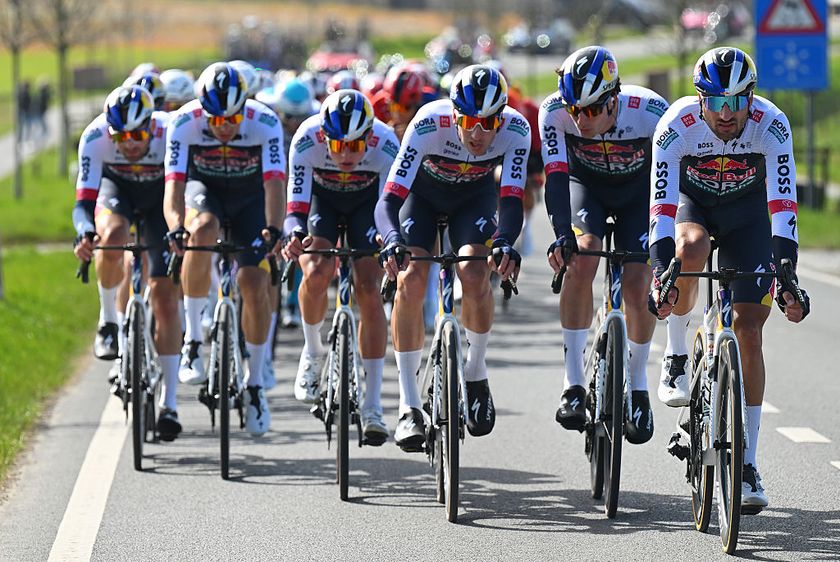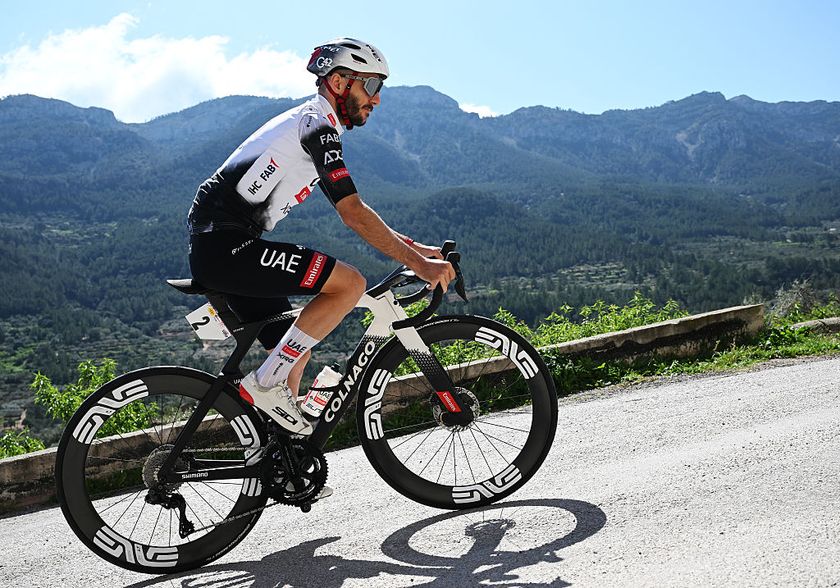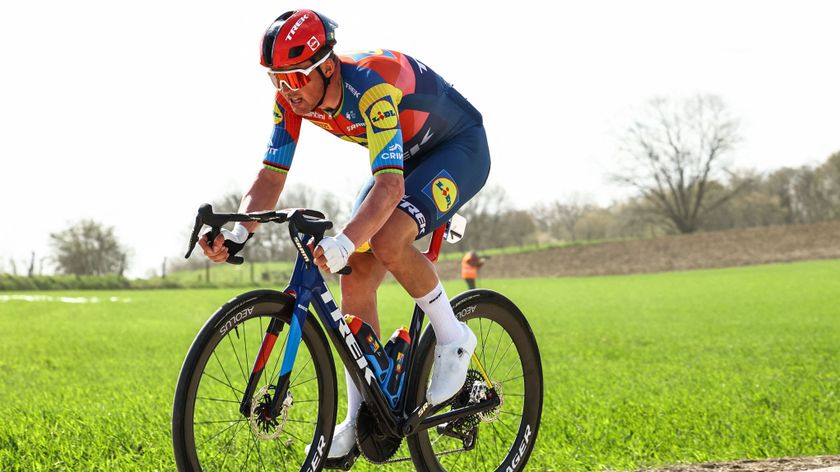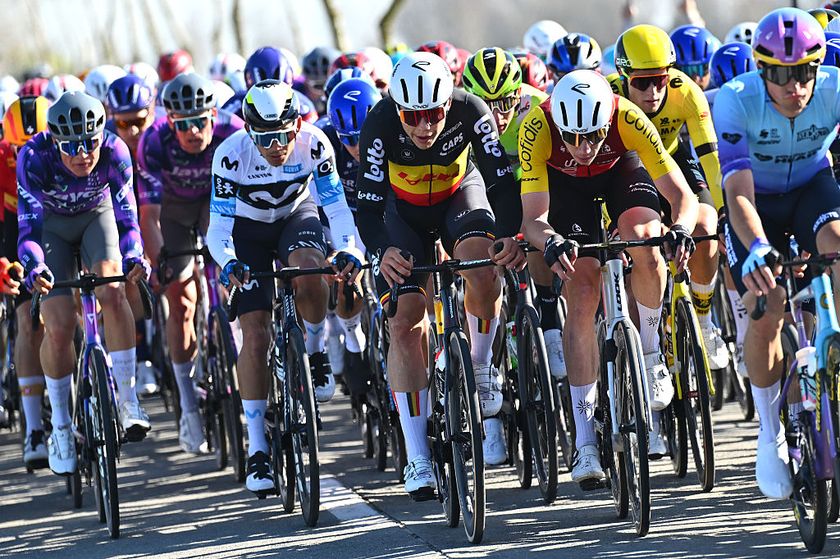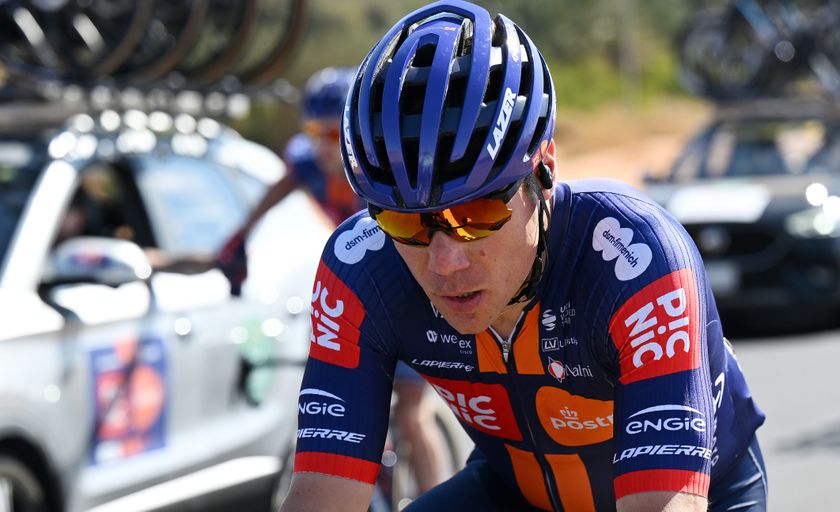Canadian investigation finds no culture of doping
Consultation finds no connection in Cycling Canada doping cases



Cycling Canada today announced the results of its four month independent investigation into doping in the sport, stating that the consultation firm LLB Strategies found no organised system of doping or "doping culture" in Canadian cycling.
The report, commissioned by Cycling Canada and the Canadian Centre for Ethics in Sport (CCES), entitled, "National Consultation on Doping Activity in the Sport of Cycling" included direct, anonymous testimony gathered between May and August of 2014. It focused only on gathering information regarding doping activity, based upon information from the interviews, "and therefore didn't include researching or studying the situation of doping in Canadian cycling", a press release stated.
Canada had several high-profile riders admit to past doping, including Michael Barry, whose name was revealed as part of the US Anti-Doping Agency's report on doping at US Postal that led to the lifetime ban of Lance Armstrong, and Ryder Hesjedal, whose cooperation with the authorities was made public in late 2013. Hesjedal admitted to doping after a book written by Danish rider Michael Rasmussen said that he gave Hesjedal and two other Canadians, Chris Sheppard and Seamus McGrath instructions on how to use EPO for performance enhancement in 2003.
Canadian Cycling did not reveal which riders contributed testimony to the newly released report.
Although the report found no doping culture, per se, or any organised system of doping in Canadian cycling, it said, "the report found enough evidence of individual doping activities to warrant key strategic measures being taken to better address the issue of doping in cycling".
"The report found that there is no connection between the various Canadian doping cases," it stated. "The supply chain and the actors involved are all different. It supports the theory that all doping activities were isolated cases that were initiated by individuals, primarily by the athletes themselves."
"The findings of this breakthrough report provide us with better understanding of doping activities in the sport of cycling," said Greg Mathieu, Chief Executive Officer of Cycling Canada. "That being said, we must remain vigilant and significantly increase our efforts in the promotion and communication of anti-doping initiatives, such as RaceClean."
Get The Leadout Newsletter
The latest race content, interviews, features, reviews and expert buying guides, direct to your inbox!
Cycling Canada said it will continue to work with the CCES to increase the number of doping tests. It recently added mandatory education for junior athletes competed at its national championships, and increased testing at the championships.
